|
A ground-breaking and comprehensive account of the history of drugs – legal and illegal – in southern Africa has been written by academics from around the world. In the first of a series of articles featuring the material, Thembisa Waetjen, Julie Parle and Rebecca Hodes explore how the control of narcotics became mixed up with the flow of pharmaceuticals. And how successive states - colonial, apartheid and democratic – have sought to control the trade in drugs.
Kenya’s oldest institution of higher learning, the University of Nairobi, is embroiled in a leadership crisis after the government fired the governing council and the newly appointed vice-chancellor. Far from being unusual, however, this falls within an established pattern of state intervention at universities going back decades. Michael Kithinji traces the origins of tight state control which stands in the way of attempts to hand more power to university councils.
Many people have serious reservations about the idea of donating their body to a research institution after death. But these donations are crucial to science and learning. In today’s episode of Pasha Kimberleigh Tommy and Brendon Billings explain the importance and ethics of body donation.
|
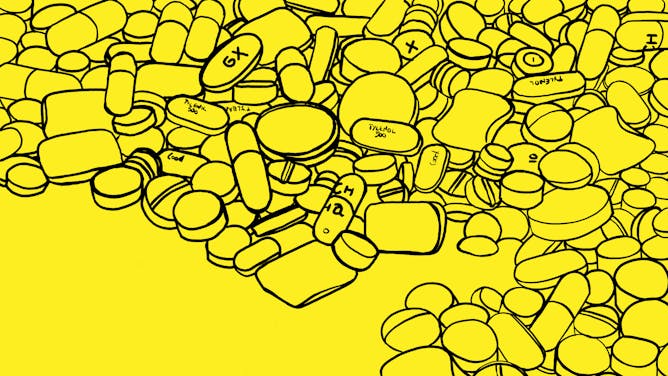
Shutterstock
Thembisa Waetjen, University of Johannesburg; Julie Parle, University of KwaZulu-Natal; Rebecca Hodes, University of Cape Town
From colonial poppy fields to pharmatrash, southern Africa offers a fascinating history of drug regimes – one that helps us make sense of drug policies and legislation today.
|
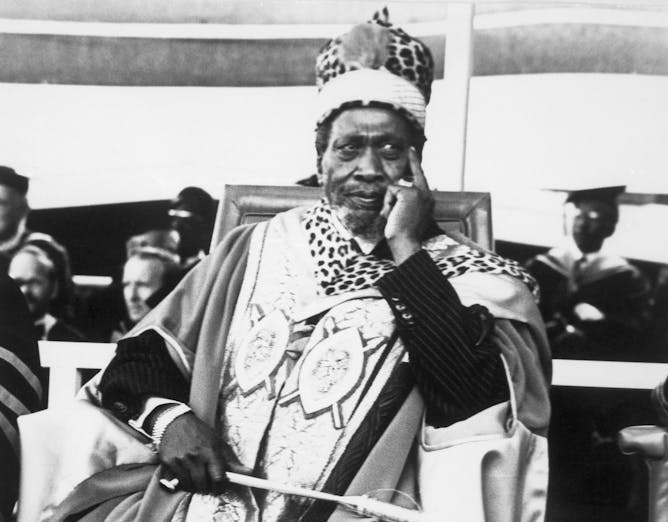
President Jomo Kenyatta, wearing a gold and scarlet robe and leopard cap, is installed as Chancellor of the University of Nairobi in December 1970.
Getty Images
Michael Kithinji, University of Central Arkansas
The crisis at Nairobi University falls within an established pattern of government intervention in universities going back decades
|
Science + Technology
|

Dr Rudi Kuhn, South African Astronomical Observatory
We're not sure how the rings work or how they formed, but there are a few theories.
| |
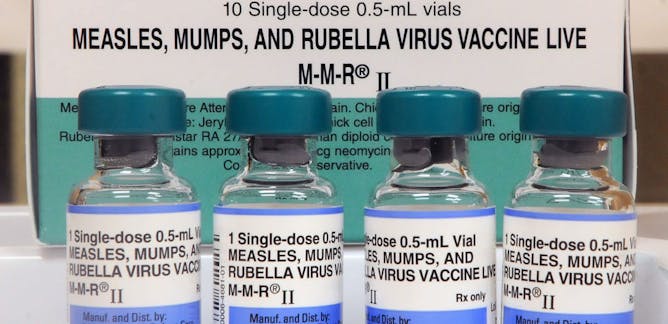
Matthew Ferrari, Pennsylvania State University
Measles infection can be easily managed with prompt health care and symptom management. But without care, mild symptoms can turn into life threatening secondary infections or long-term effects.
|
|
|
Podcasts
|
-
Ozayr Patel, The Conversation
Why you should consider donating your body to research once you die.
-
Ozayr Patel, The Conversation
To increase food production, climate challenges will need to be overcome.
|
|
En Français
|
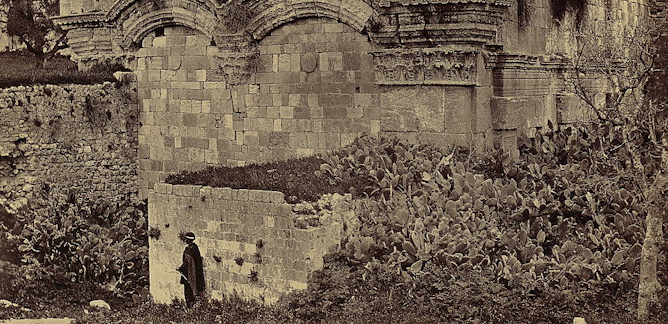
Xavier Luffin, Université Libre de Bruxelles
Si le nom d’Edward Wilmot Blyden ne nous dit pas grand-chose aujourd’hui dans le monde francophone, l’homme fut incontestablement l’un des grands intellectuels africains du XIXᵉ siècle.
| |
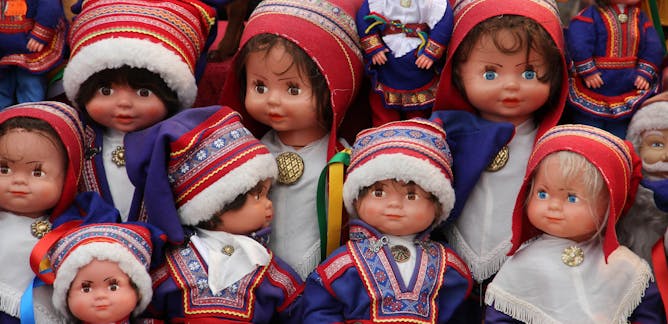
Eda Ayaydin, Université de Versailles Saint-Quentin en Yvelines – Université Paris-Saclay
Tout en soumettant sa culture à la loi du marché, le tourisme permet à ce peuple autochtone de faire perdurer des traditions en voie de disparition.
|
|
|
From our international editions
|
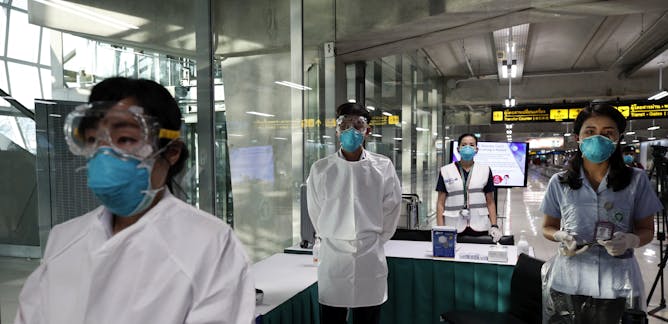
Ilan Noy, Te Herenga Waka—Victoria University of Wellington
The preliminary evidence suggests the Wuhan coronavirus is less deadly than SARS. But with social media, panic can now spread more rapidly and further.
| |

Karen Richmond, University of Strathclyde
No one knows exactly how AI-based DNA analysis software works, so it can't be scrutinised in court.
|
|
|